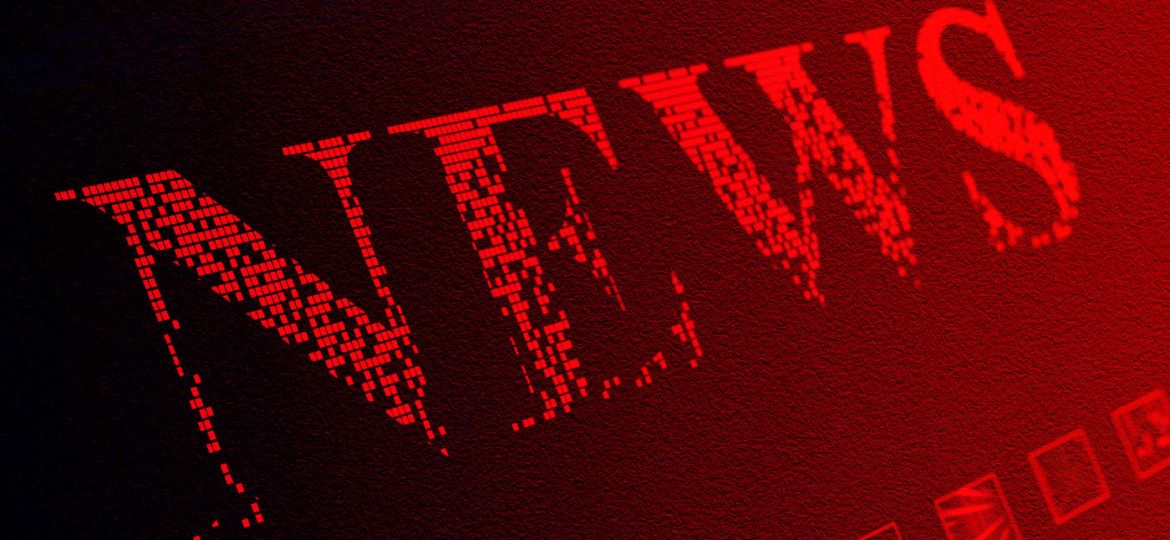
In today’s digital age, the flow of information has become faster, broader, and more accessible than ever before. Yet, alongside this progress lies a growing challenge — the spread of misinformation and deliberate falsehoods that distort truth, mislead the public, and erode trust in leadership and governance.
Nowhere is this more evident than in the Nigerian political space, where fake news has become a powerful tool used to manipulate perception, incite division, and undermine public confidence. The battle for truth has moved beyond the ballot box — it is now being fought in the vast arena of social media and online platforms.
The Rising Threat of Fake News in Nigerian Politics
Across Nigeria, public figures and institutions have increasingly become targets of misleading narratives and coordinated misinformation campaigns. These campaigns are often designed to discredit genuine efforts, twist policy intentions, or distract citizens from issues that truly matter.
The damage is not limited to individuals — misinformation weakens democratic institutions, fuels unnecessary tension, and breeds cynicism among citizens who no longer know whom or what to believe.
As responsible citizens, it is imperative to distinguish between verified facts and fabricated stories. A single false narrative shared widely can undo years of progress and taint the image of well-meaning leaders working for national development.
Why Truth and Accountability Matter
In governance, truth is the foundation of trust, and trust is the currency of effective leadership. When misinformation takes root, it doesn’t just attack an individual’s reputation — it undermines the collective faith of the people in the system itself.
Leaders who act with transparency and accountability must not be judged by the noise of falsehood but by the evidence of their impact — in policies, reforms, and results that improve the lives of citizens.
The public, in turn, has a shared responsibility to verify, question, and confirm before believing or sharing any piece of information, especially online. The health of a democracy depends not just on the integrity of its leaders but also on the discernment of its citizens.
Restoring Integrity to the Digital Space
The digital age presents both a challenge and an opportunity. While misinformation spreads easily, so too can truth — if amplified with consistency and purpose.
To protect Nigeria’s democratic fabric, there must be a deliberate effort to strengthen online reputation management, promote media literacy, and hold purveyors of falsehood accountable.
Government institutions, media bodies, and responsible citizens must work hand in hand to ensure that truth prevails over propaganda and that facts rise above fiction.
A Call to Collective Responsibility
Nigeria’s future depends on an informed citizenry — one that can tell fact from falsehood and substance from sensationalism. The fight against misinformation is not the burden of one person or institution; it is a national duty.
In the end, leadership is not about reacting to every lie — it is about remaining focused on purpose, grounded in truth, and committed to leaving a legacy that speaks louder than rumors ever could.

